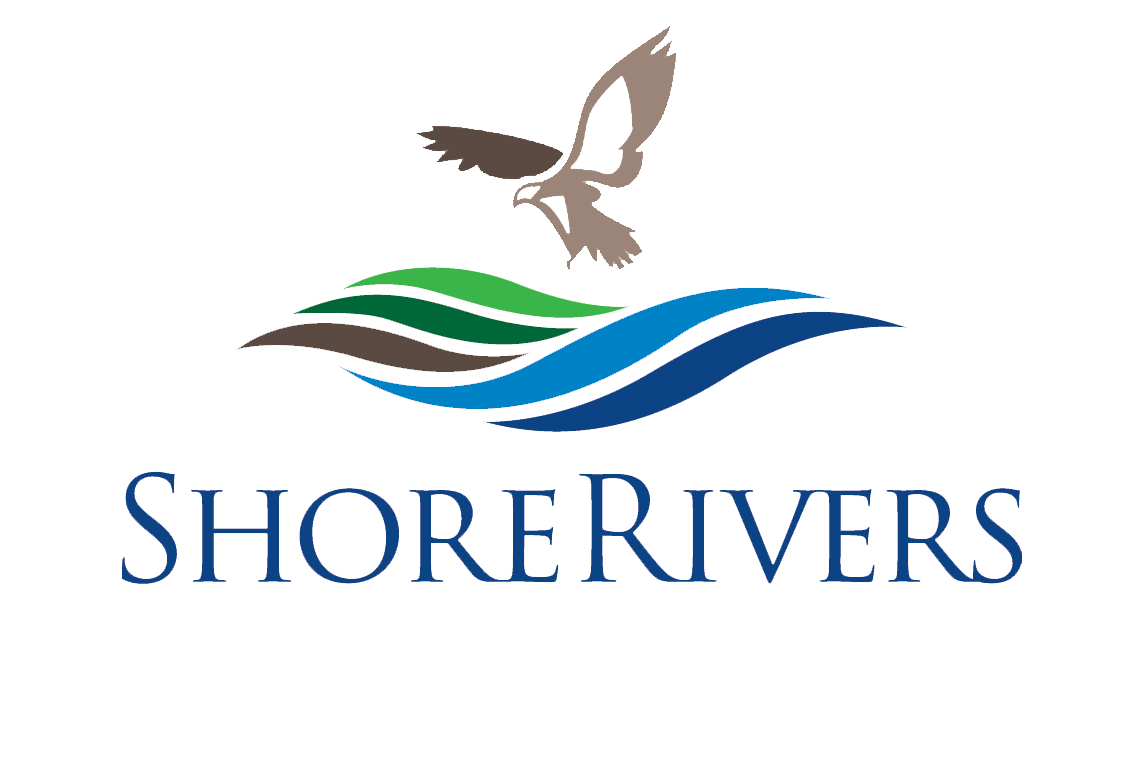In late January, ShoreRivers formally challenged the issuance of the Trappe East Groundwater Discharge Permit for failing to adequately protect local groundwater and surface waters from the spray irrigation of wastewater. The Maryland Department of the Environment (MDE) issued a final determination to issue the permit on January 1 for a wastewater treatment facility that will serve the proposed 2,500-building development known as Trappe East (since renamed Lakeside at Trappe), which is said by its investors to be the largest proposed mixed-use development on the East Coast of the United States. Under the MDE permit, treated sewage from this massive development will be sprayed on 87 acres of farmland that surround the headwaters of Miles Creek, a Choptank River tributary. However, according to ShoreRivers’ review, the final permit fails to verify that nutrients in the wastewater will be fully taken up by the vegetation, and therefore could end up polluting groundwater or the nearby river.
map of the wastewater treatment complex and spray irrigation fields pulled from the permit issued by MDE
“The permit requires the wastewater treatment system to use what is called enhanced nutrient removal technology, but that will not ensure that all nutrient pollution is taken up by crops, not discharged into the Choptank,” says ShoreRivers Choptank Riverkeeper Matt Pluta. “We are not satisfied that the language in the final permit issued by MDE ensures that the system will actually meet the standards required by state and federal law. The Choptank River is already designated by MDE as impaired by nutrient pollution,” he emphasizes. “This permit, as it’s written, will further degrade the river’s water quality.”
ShoreRivers conducted a close review of the final permit with numerous experts, including hydrologists, agricultural professionals, and an environmental legal team headed up by the Chesapeake Legal Alliance, a nonprofit organization working for the Chesapeake Bay watershed and its communities. The team concluded that there are numerous deficiencies in the draft permit and several instances where the water quality protections were weakened between the draft permit and the final permit. In addition, the nutrient management plan that is critical to ensuring the safe disposal of sewage sprayed onto nearby fields was not released to the public until after MDE closed the comment period, thus depriving ShoreRivers and the public of the right to comment on the full permit.
As a result, ShoreRivers has filed a petition for judicial review in the Talbot County Circuit Court. ShoreRivers hopes the permit will be remanded back to MDE with a requirement to reopen the comment period. It is imperative the permit fully complies with state and federal law to ensure no increase in pollution for the Choptank.
Groundwater discharge permits (which are required when wastewater is spray-irrigated onto farmland) are becoming a more popular choice for managing wastewater from municipal and industrial sources on the Eastern Shore. ShoreRivers has monitored the compliance record of these discharge permits in the region for the past several years; very few of them are in full compliance with their permit conditions. “If the water quality protection deficits and the procedural issues with this permit are not addressed, it will set a damaging precedent for these permits moving forward,” says Pluta. “If the practices in this permit are allowed, we can expect our groundwater and surface waters to get more polluted.”
Another oversight in the permit noted by ShoreRivers is the lack of consideration for impacts from the climate crisis. The years 2018 and 2019 were two of the wettest on record on the Eastern Shore, but the permit fails to consider the impact of increased intensity and volume of storms. “We are setting these permits up for failure from the start if they don’t consider how rainfall and weather patterns will be different in the future. The uphill battle to meet water quality standards will undoubtedly get steeper if we continue to ignore how climate change is affecting precipitation patterns,” says Pluta.
The permit challenge was submitted prior to the February 1 deadline and will be reviewed by the local circuit court.

